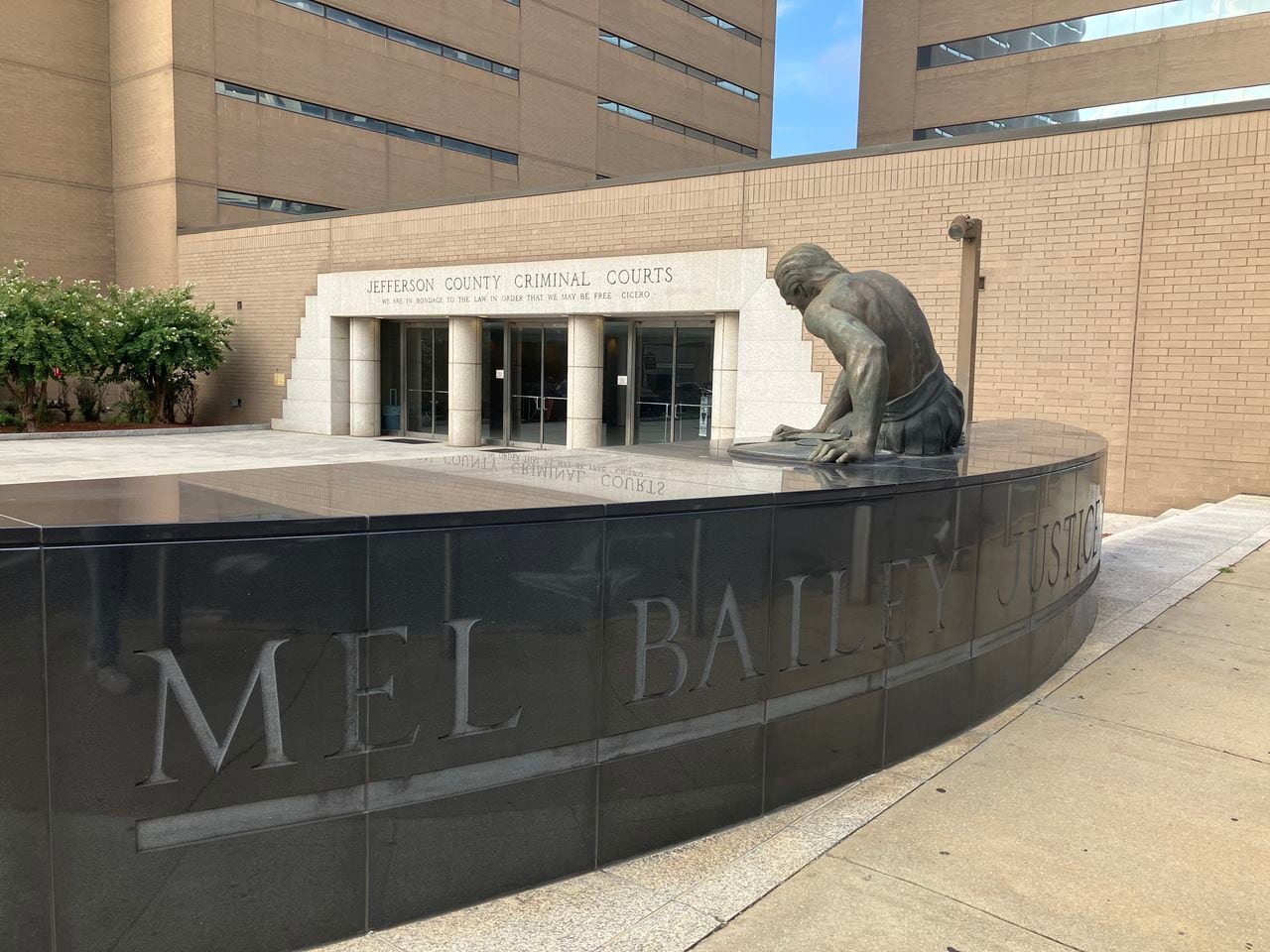Missed notices, transportation make it hard to get to court: Surveys
Jefferson County says data shows its recent effort to help some local residents clear criminal records was successful, but officials will consider more ways to work on notification and transportation issues to get residents to court.
In August 2023, the Jefferson County District Attorney’s Office in Birmingham hosted Amnesty Week and offered community members opportunities to resolve missed court dates and address fines and fees.
Everyone who saw a judge during the event had their warrant lifted, resolved their case or had their fines and fees remitted or retaxed, according to new information shared from the 10th Judicial Circuit Court of Jefferson County.
“We had people literally walking out the door crying because you know they’ve lived with the fact that they had to make a decision whether to pay the light bill or come down to the courthouse and try to figure out how they can pay their fines and fees,” District Attorney Danny Carr said.
More help possible
Many Amnesty Week participants said they simply didn’t know they had a court date; then a missed appearance turned into more court dates, fines or even warrants for arrest.
Notification issues were the most common reason people shared for missing court. Most interviewees either received the wrong information, did not understand the information, or forgot and could have benefited from a reminder.
Some respondents said they struggled financially during the pandemic and found it difficult to maintain a stable residence. One respondent said updating their address with the court just “wasn’t a priority” compared to other pressing responsibilities.
Carr said the DA’s office may send text notifications to remind people of their court dates and locations.
“That extra step of having the text go to your phone, I think would be huge, relative to having people be properly notified. And I think that extra step, I would hope, would increase participation as it relates to people coming to court in an effort to get their cases disposed of timely,” Carr said.
Interviewees reported that driver’s license suspensions kept them from getting and keeping jobs and made it difficult to care for their children.
In May 2023, Alabama lawmakers in both chambers passed a bill that would allow people to miss up to three payments on a payment plan for fines and fees before a judge could suspend their license.
Some even had new cases and court costs pop up after driving on a suspended license, like Jefferson County resident Karrie Ware, who said she has not had a drivers license for 15 years because she was unable to pay many of the traffic tickets she received over the years.
With no mode of public transportation to get from her home to her job, Ware said she was stuck in a cycle of driving to work to keep her job and then getting ticketed again for driving with a revoked license.
Carr said that in the future he’d like to offer bus passes for people who want to come to court and get warrants lifted.
Alleviating collateral consequences of court fines, fees, warrants
Court fines and fees often force people to give up necessary expenses like food and rent, and even minor fees can cause people to spiral deeper into poverty.
A 2018 Alabama Appleseed survey, found that 38% of of respondents engaged in risky or illegal behavior like sex work, selling drugs or theft in order to get money to pay off court fines and fees.
People interviewed by event organizers at Amnesty Week events said warrants for missed court dates resulted in an array of collateral consequences, and usually resulted in an arrest.
Several respondents reported spending between two weeks and three and a half months in jail on missed appearance warrants.
Advocates spoke to 18 people who had a warrant recalled and a court date rest and found that 10 of them had been booked into a Jefferson County jail for a warrant related to missed court appearances.
All but four respondents reported that simply having a warrant, whether it resulted in arrest or not, caused them various emotional and social hardships.
License suspensions, warrants and arrests often contributed to interviewees not being able to get a job, keep a job or maintain their regular work hours.
If a person is arrested for a missed appearance warrant while driving, their car is usually impounded. Several interviewees reported that getting their car back involved paying exorbitant fees, which accrued every day they spent in custody.
The District Attorney’s Office will continue to do Amnesty Week on an annual basis to help those with court fines, fees and nonviolent warrants.
“A lot of people were grateful, who have a new lease on life and a new outlook on the criminal justice system as well and the people that work in it. I think it’s a win-win for everybody,” Carr said.
